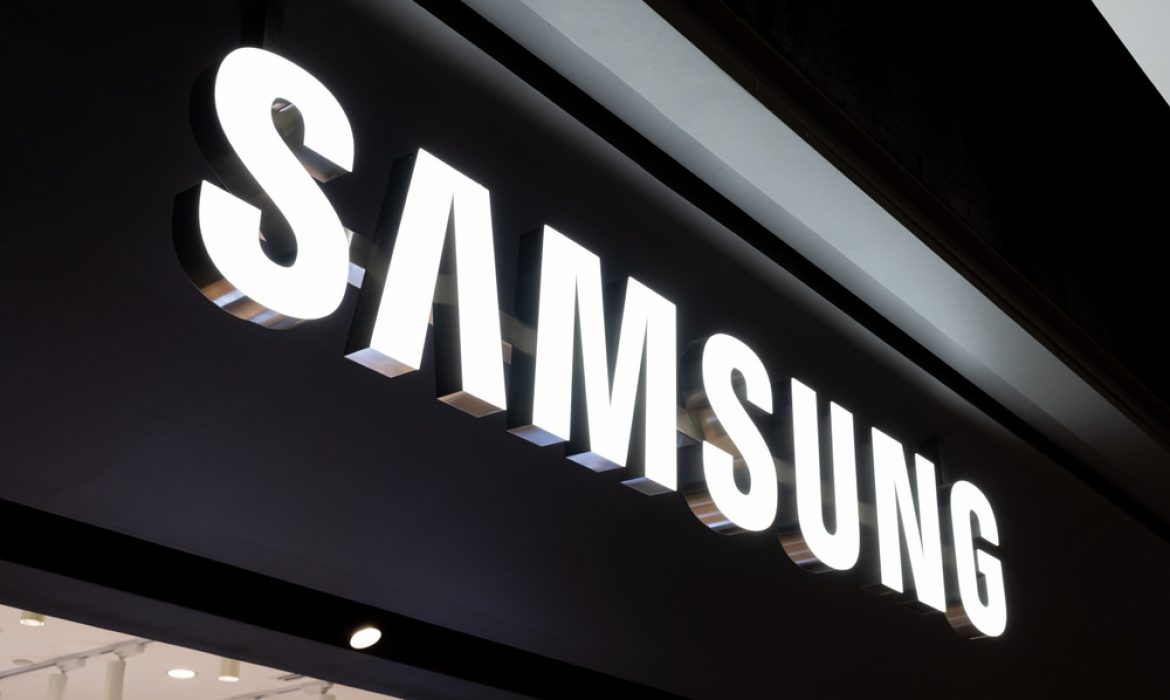In a striking turn of events, Samsung Electronics Co. has catapulted its quarterly profits to unprecedented heights, showcasing its resilience and dominance in the global semiconductor market. The tech behemoth reported a staggering 15-fold increase in operating profit, amounting to 10.4 trillion won ($7.5 billion) for the June quarter, surpassing even the most optimistic analyst projections. This surge comes alongside a robust 23% growth in sales, marking the largest uptick since the peak of the Covid-19 pandemic in 2021. As a result, Samsung’s stock surged by 3%, reaching its highest level since January 2021.
The resurgence in Samsung’s fortunes is primarily driven by a revitalized demand for memory chips, buoyed by the rapid expansion of data centers and the accelerating pace of artificial intelligence (AI) development globally. This year, the $160 billion memory market is experiencing a strong rebound from the post-Covid downturn, pushing average memory chip prices up by 15% from the previous quarter, as estimated by CLSA. This turnaround has effectively reversed losses suffered by Samsung’s largest division in the preceding year.
Investors have responded with enthusiasm to Samsung’s stellar performance, as evidenced by a 4% increase in its depositary receipts in London, triggering a broader rally across the semiconductor sector. Companies like Infineon Technologies AG, STMicroelectronics NV, ASML Holding NV, and Arm Holdings Plc all saw their stocks rise in tandem with Samsung’s positive earnings report.
Sanjeev Rana, an analyst at CLSA Securities Korea, attributed the turnaround to heightened demand for AI servers and enterprise data storage, which lifted prices for both DRAM and NAND chips and helped mitigate previous inventory valuation losses. Additionally, Samsung’s foundry operations benefited from increased IT demand, further bolstering its financial recovery.
Despite these gains, Samsung faces ongoing challenges, particularly in its competitive positioning against SK Hynix Inc. in the high-bandwidth memory (HBM) sector crucial for AI hardware. Samsung has encountered obstacles in certifying its latest HBM chips with Nvidia Corp., the leading player in AI accelerators, further complicating its efforts to gain ground in this pivotal market segment.
Adding to its challenges, Samsung is navigating internal labor unrest, with union organizers planning a three-day walkout involving over 28,000 employees, including key chip plant workers, over a pay dispute. This action follows a recent strike, the first in Samsung’s 55-year history, underscoring growing tensions within the company.
Looking ahead, Samsung remains focused on expanding its footprint in AI memory while addressing concerns about potential oversupply in the semiconductor market. The company’s strategic initiatives include reinforcing its AI chip business and maintaining momentum in its smartphone division, highlighted by an upcoming Galaxy Unpacked event in Paris aimed at sustaining consumer interest.
As Samsung prepares to announce final earnings with detailed divisional breakdowns on July 31, all eyes are on whether the tech giant can sustain its remarkable growth trajectory amidst intensifying global competition and internal challenges.
For further insights, read the full article on Bloomberg.
